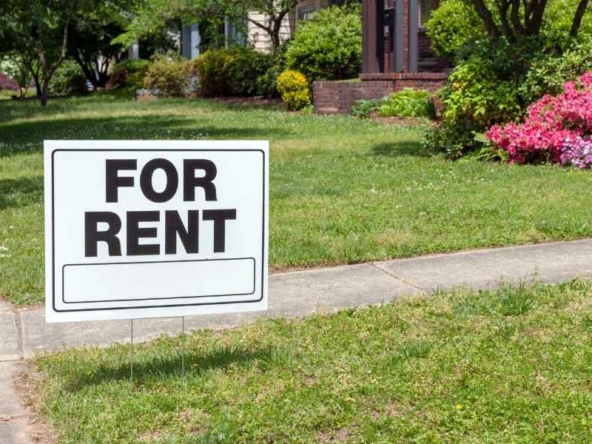Every business recognizes the influence of accounting in coordinating cash flow, bookkeeping, supply chain, and keeping track of every monetary transaction in the organization. It maintains businesses’ financial health and helps create complete visibility for plans and strategies to drive profitable outcomes.
Like in every business, accounting is a priority in the real estate sector. It even tends to be more complex and has more challenges. For a Property Management Company to thrive and remain operational, every financial process must be accurate, prompt, and detailed regardless of the constant dealings with expenses, income, and assets.
Due to multiple clients, transaction size, and dynamics involved, accounting teams often face high-risk challenges resulting in additional work, unhappy clients, or even potential legal issues.
Let’s look at the four main challenges and practical solutions to property management accounting.
Rent collection
Handling many tenants is not an easy task for the property management company. Some may not pay in full, and others even delay payment, which affects the operating income and cash flow and disrupt business growth. One way to get renters to pay appropriately is to encourage online rent collection. Online payment is already a convenient and preferred choice for millennials and Gen Z renters. Eliminating the collection of paper checks and money orders saves your team time depositing at the bank and manually inputting into the system. It also gets the money to the owner faster.
Financial Record maintenance
Reconciling accounts often involves double data entry on Excel spreadsheets and QuickBooks systems. Since these systems are manual and cannot tie every transaction to a single property, reporting can result in inconsistencies and errors that cost time to fix. Using a single solution system with all your business data is in one location gives a more transparent view of your finances and reduces error. Accounting software can offer reconciliation and diagnostic reports to run reports and ensure accuracy.
Documenting 1099s and Year-end closing reports
One task accounting teams always consider tedious, complex, and time-consuming is preparing and sending 1099s. Missing the submission of this form can lead to heavy penalties from the IRS. Closing books at the end of the year helps the property management company understand how the business is performing by calculating how much money was received from owners and paid to vendors; this is another cumbersome task that automation can make easy. Leveraging advanced accounting systems to generate 1099s automatically saves time, removes the risk of errors from data entry, and ensures dollar amounts are clear and accurate for the owners.
Preparing owner packets
Every property management company aims to ensure customer and owner satisfaction. However, sorting out owner packages without access to accurate data takes up much time. To avoid this challenge, the company should consider switching to platforms with reporting tools capable of analyzing data and automatically generating owner reports. Adopting these tools with built-in analytics can detect errors inconsistencies in data and present a clearer picture of your finances without wasting time. The system also makes it possible to share reports and owner packets easily.





